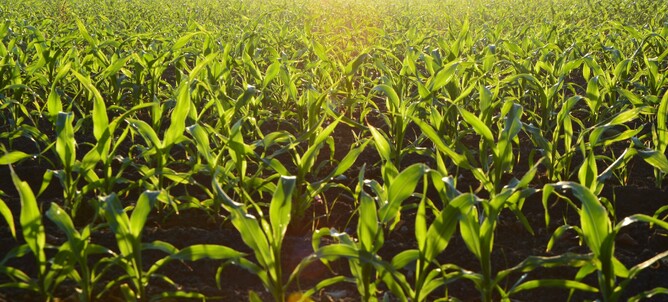Vermicast, the nutrient-rich byproduct of vermicomposting, is an excellent soil amendment that can have a significant impact on plant growth and health. In fact, vermicast has been shown to boost root mass, leading to stronger, healthier plants with better resistance to disease and stress.
But how exactly does vermicast work to boost root mass? The answer lies in the nutrients and microorganisms it contains. Vermicast is rich in beneficial microorganisms such as bacteria, fungi, and protozoa, as well as essential nutrients like nitrogen, phosphorus, and potassium. These nutrients and microorganisms work together to create a healthy soil environment that promotes strong root growth.
When plants are grown in soil amended with vermicast, they are able to take up more nutrients and water due to the increased soil health and microbial activity. This, in turn, leads to increased root growth, as the roots are better able to absorb the nutrients and water they need to thrive. Additionally, the microorganisms in vermicast can help protect plants from disease and stress by creating a more diverse and resilient soil ecosystem.
So how can you incorporate vermicast into your gardening or farming practices? One option is to purchase vermicast from a reputable supplier and apply it to your soil as a soil amendment. Be sure to follow the instructions on the package for best results. Additionally, if you have a vermicomposting system at home, you can use the vermicast produced by your worms to amend your soil.
Vermicast is a powerful tool for boosting root mass and promoting healthier plants. By improving soil health and creating a more diverse and resilient soil ecosystem, vermicast can help plants take up more nutrients and water, leading to stronger, healthier roots and better resistance to disease and stress. Whether you're a gardener or farmer, consider incorporating vermicast into your soil management practices to see the benefits for yourself.



